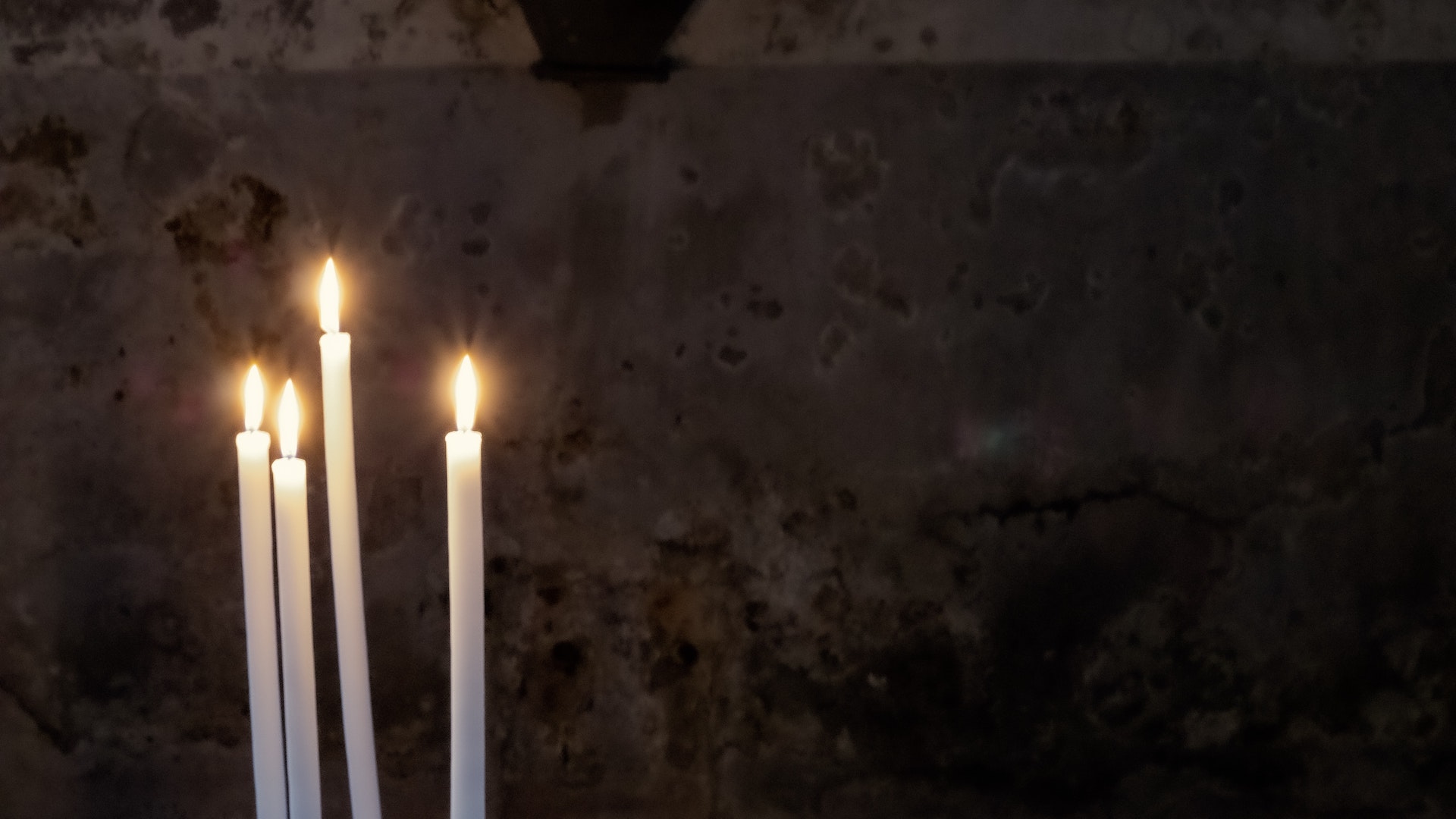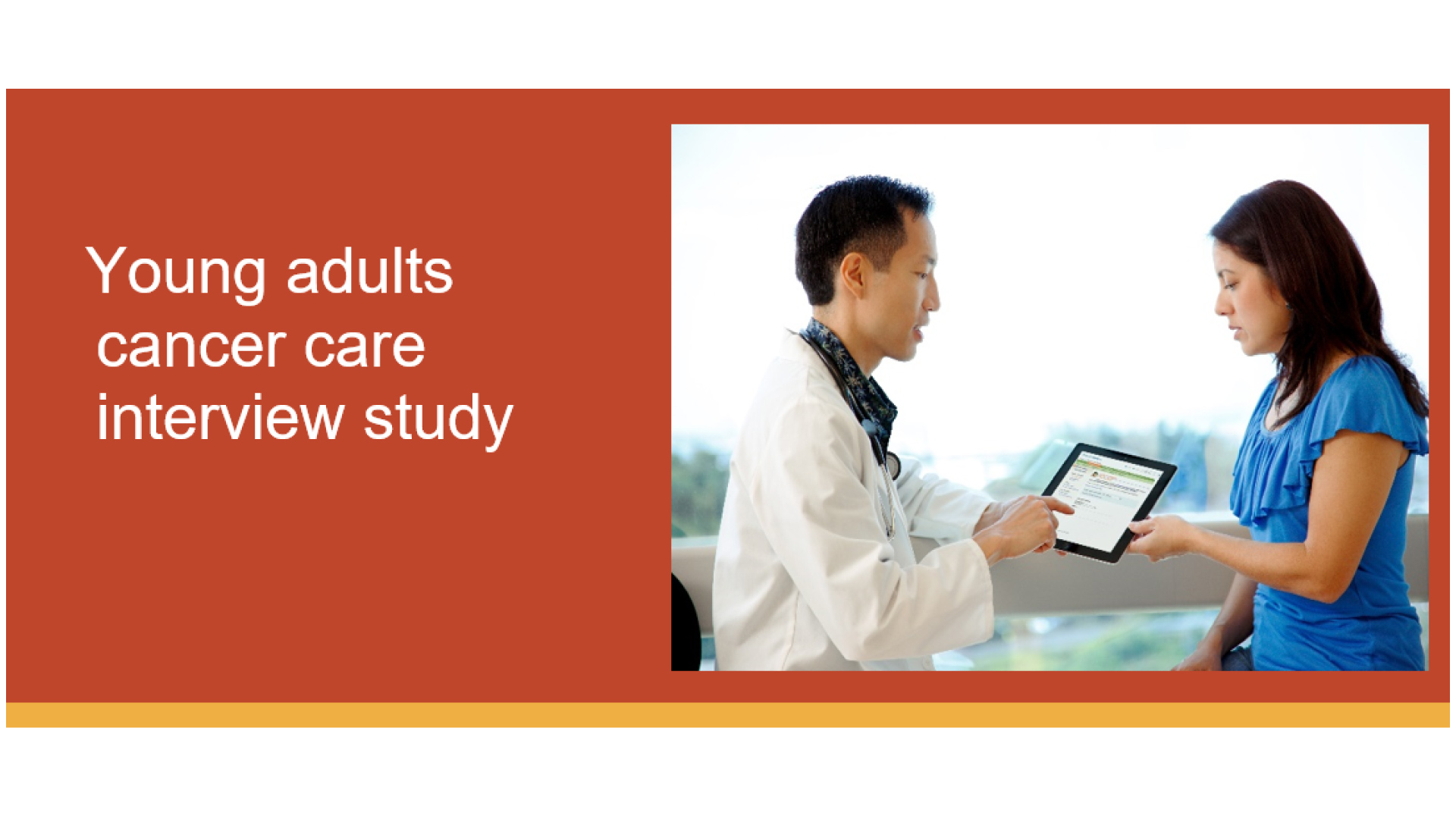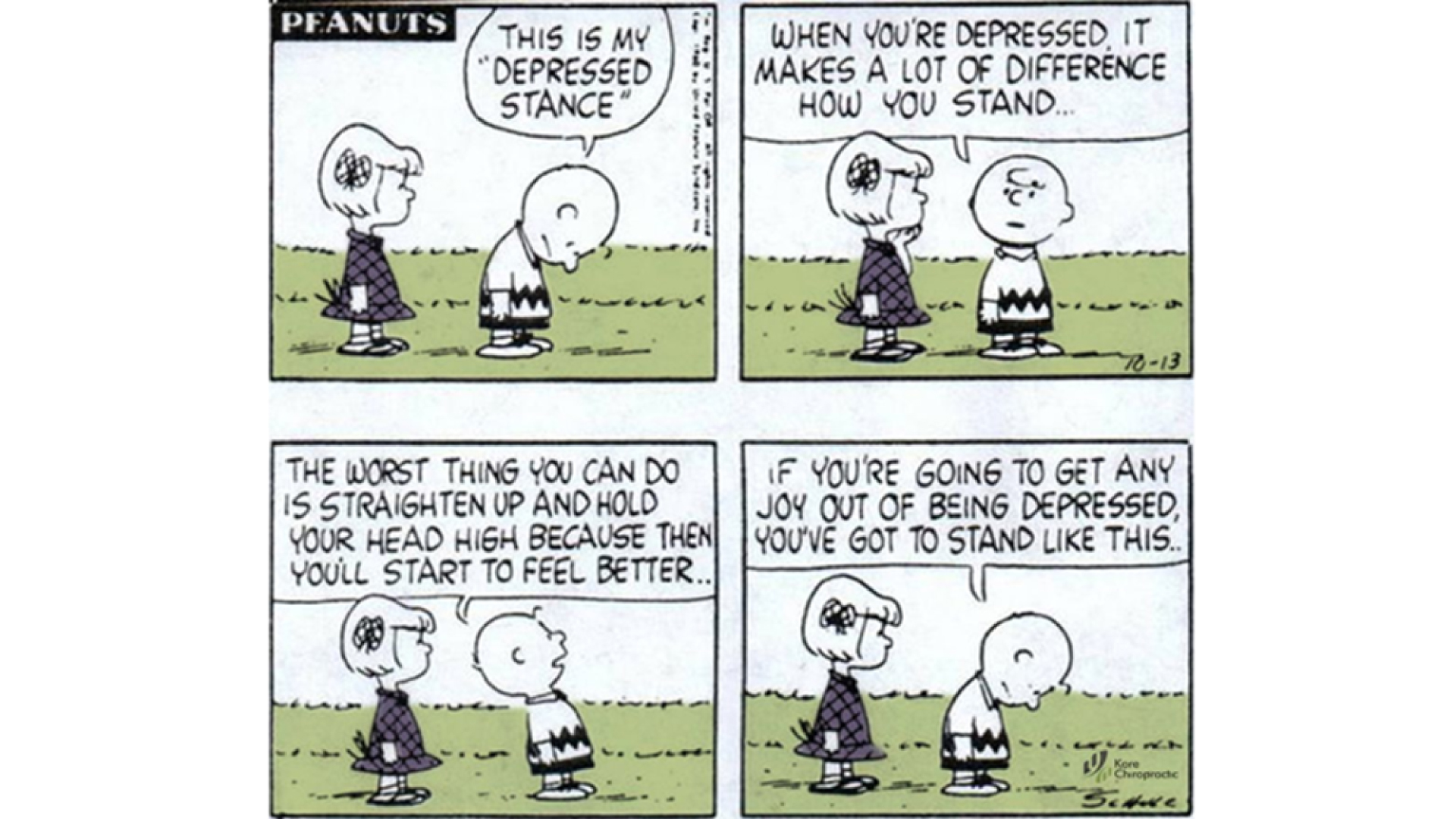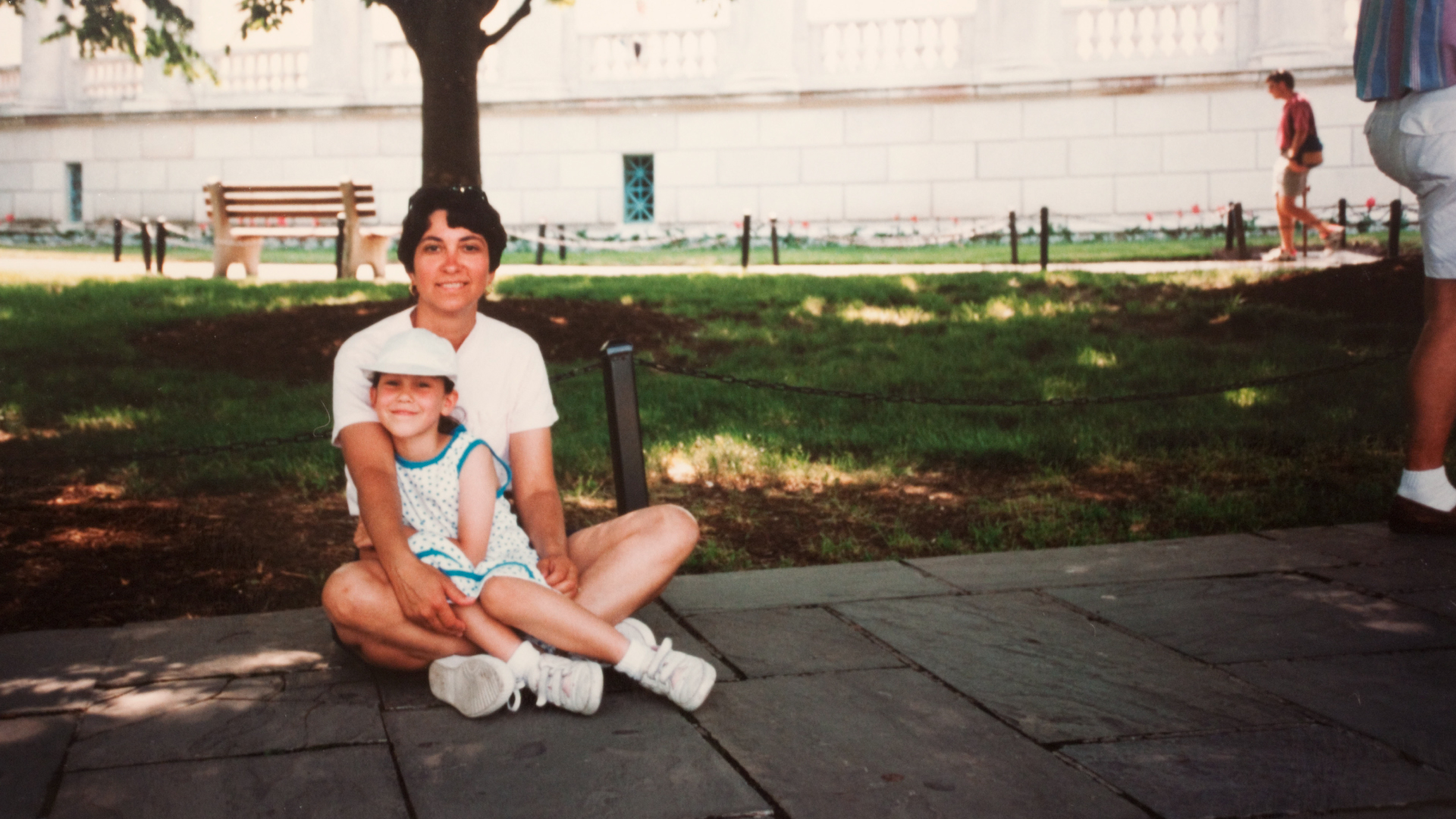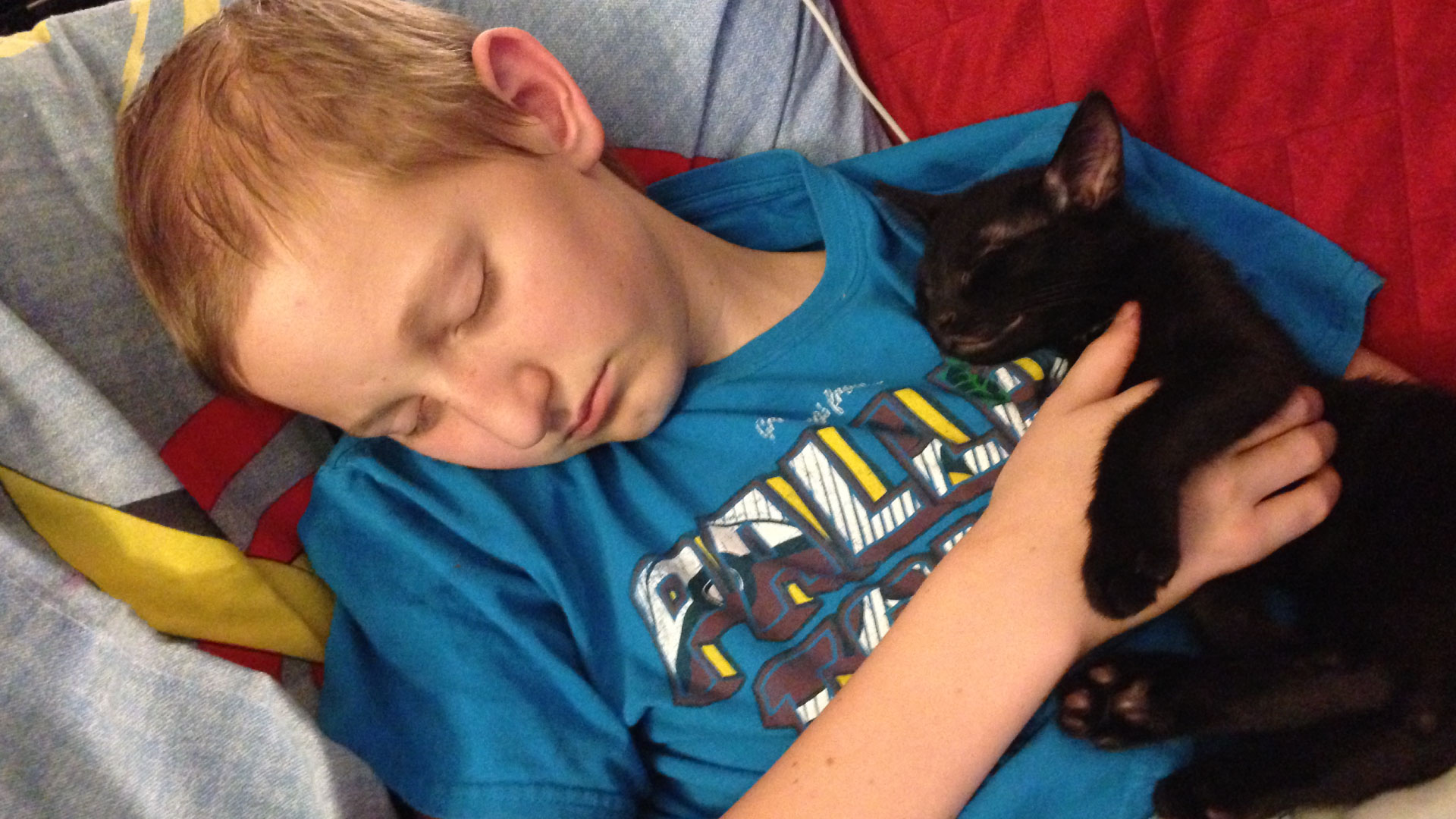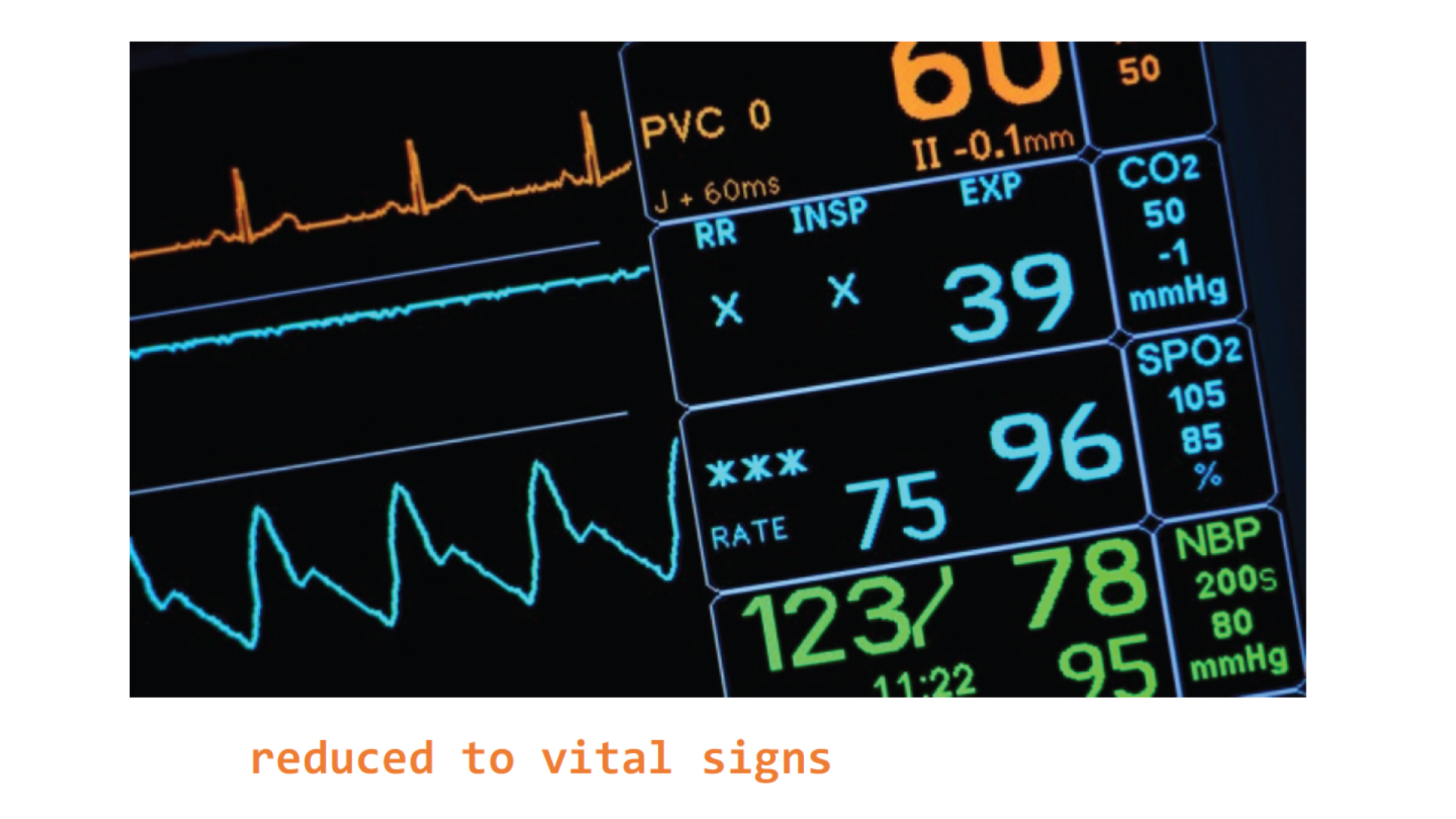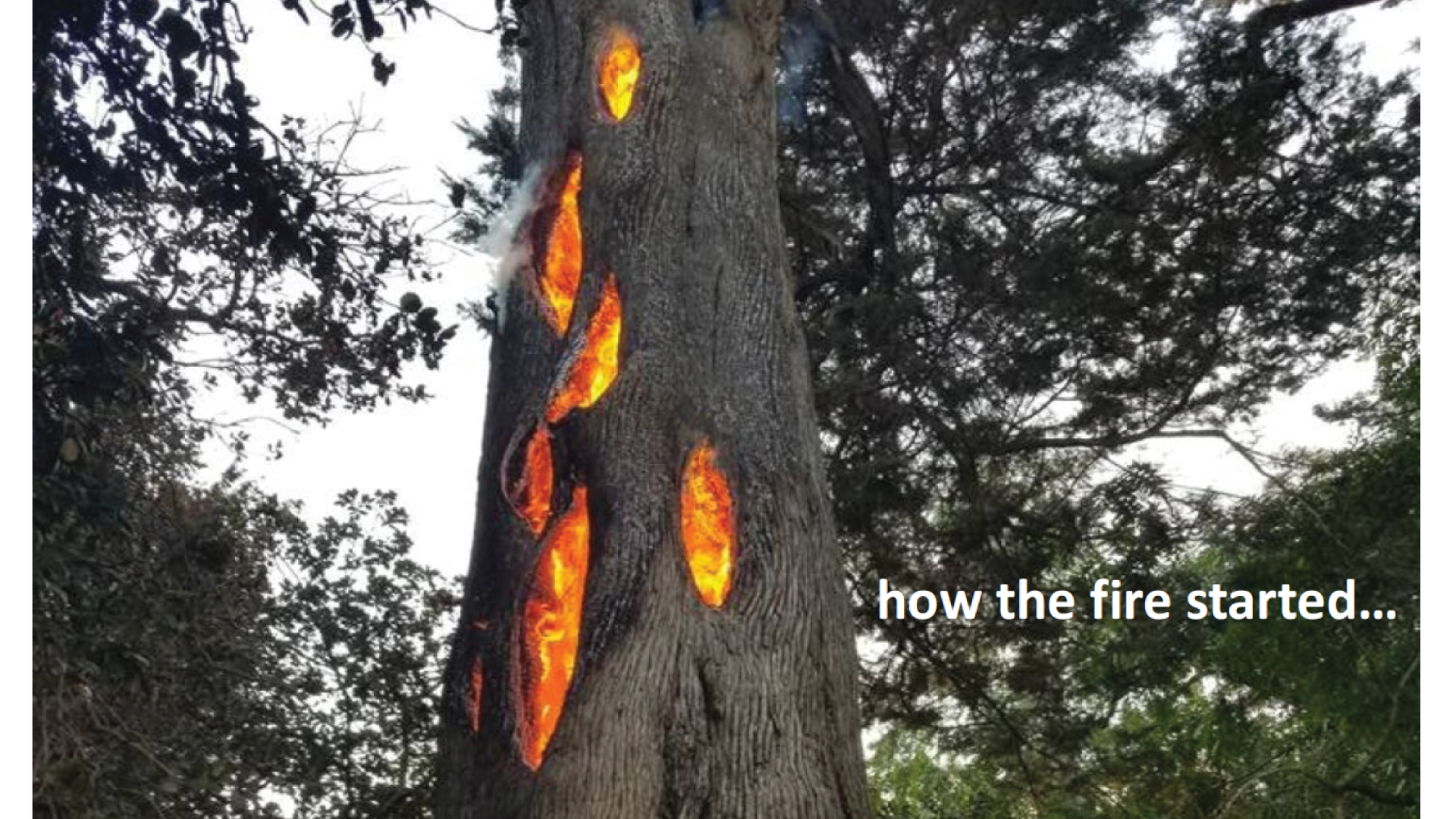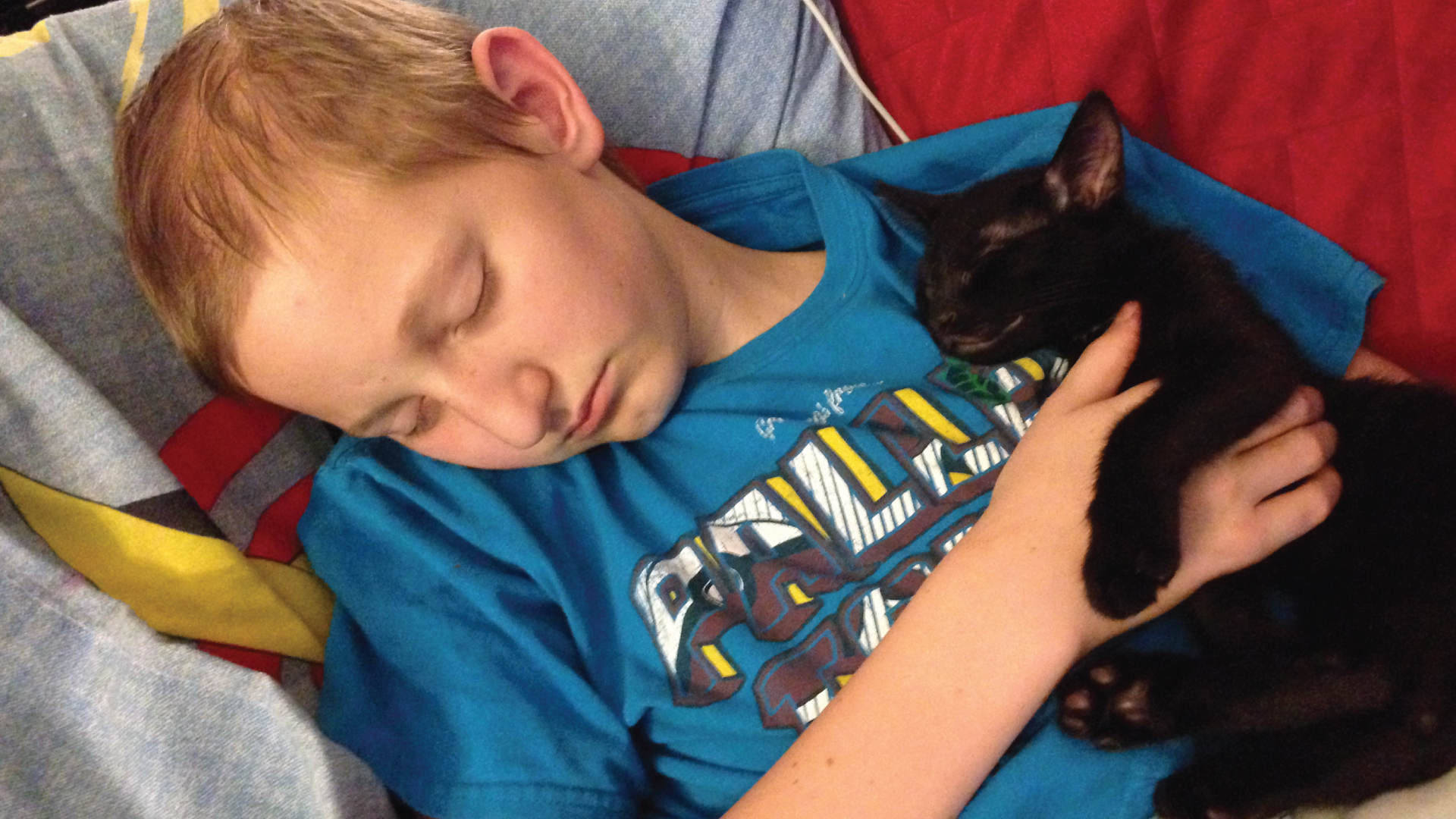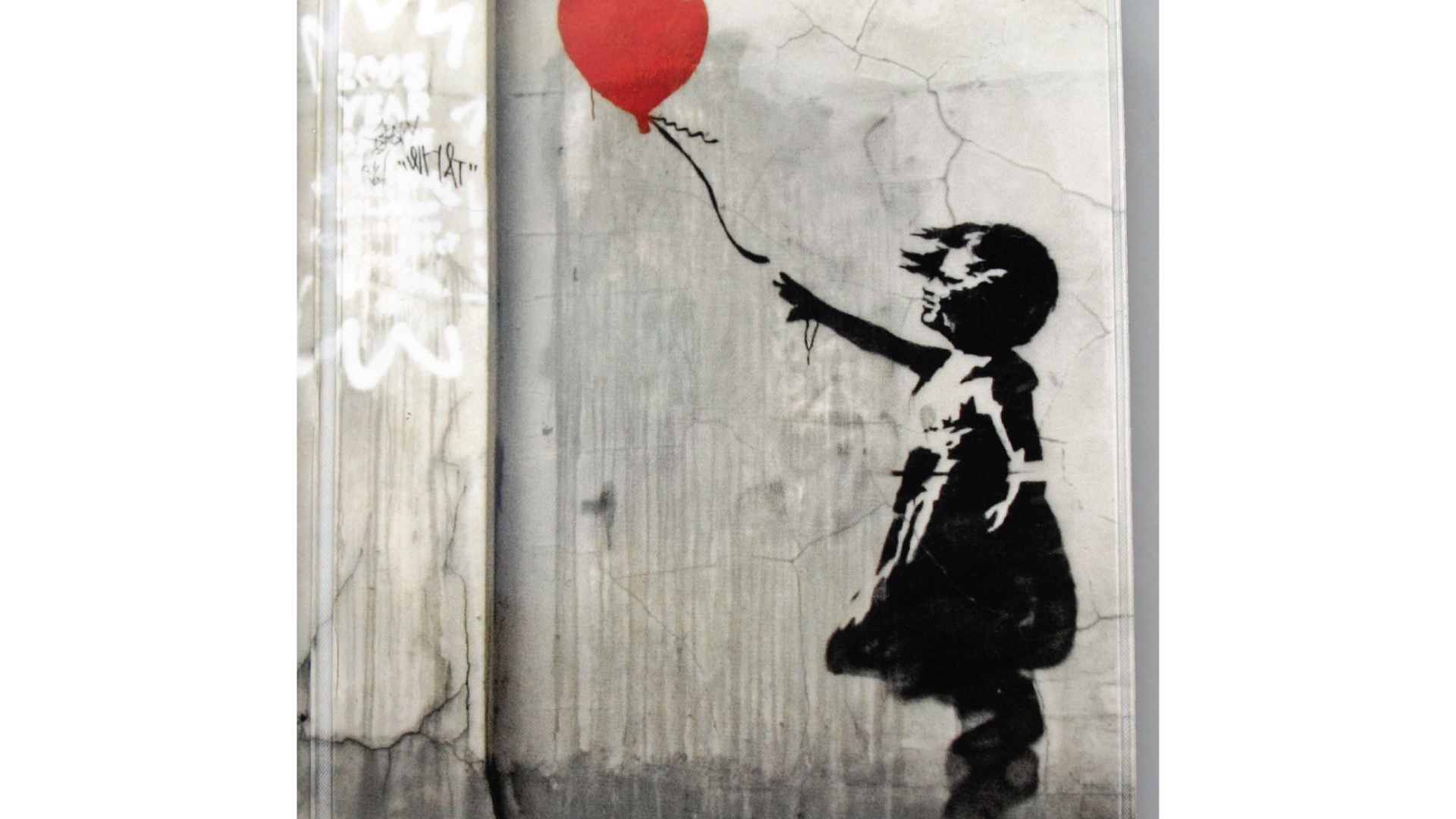The lesson I’ve learned from all of this tremendous grief is to show yourself some freaking grace. Give credit that your loved ones know how you feel, that the appreciation you have is known, and that while you’ll always wish for more time, it’s okay that things were left where they were.
Continue readingCancer Care Study For Young Adults
Lacuna Loft loves sharing research opportunities with you so today we’re passing along this fabulous study again being done between Dana-Farber Cancer Institute/Harvard Cancer Center and Kaiser Permanente to learn from patients and family members about the care that young adults (ages 18-39) with cancer receive.
Learn. Their goal is to evaluate and improve cancer care for future young cancer patients. They especially want to understand what is most important to patients when cancer treatment has not been effective. Research shows that many young adults think about this situation, even when their treatment is going well.
Improve care. Research involving this phase of a patient’s journey with cancer is currently lacking, so they believe that together, we have an opportunity to explore and improve the care that patients receive.
If you would like more information about the study and to find out if you’re eligible to participate, please contact the study project manager, Lauren Fisher at 617-632-6201 or Lauren_Fisher@dfci.harvard.edu.
1. Study participation includes a one-time telephone interview that lasts between 30-60 minutes.
2. The interviewer will ask you open-ended questions about:
– Plans for care
– Important qualities of care
– Priorities for care
3. You’ll receive a $25.00 Amazon.com gift card as a token of their immense appreciation for your participation.
Your information will remain confidential and no one will be aware of your participation except Dana Farber study staff.
Young Adults Cancer Care Interview Study
Lacuna Loft loves sharing research opportunities with you so today we’re passing along a fabulous study being done between Dana-Farber Cancer Institute/Harvard Cancer Center and Kaiser Permanente to learn from patients and family members about the care that young adults (ages 18-39) with cancer receive.
Learn. Their goal is to evaluate and improve cancer care for future young cancer patients. They especially want to understand what is most important to patients when cancer treatment has not been effective. Research shows that many young adults think about this situation, even when their treatment is going well.
Improve care. Research involving this phase of a patient’s journey with cancer is currently lacking, so they believe that together, we have an opportunity to explore and improve the care that patients receive.
If you would like more information about the study and to find out if you’re eligible to participate, please contact the study project manager, Lauren Fisher at 617-632-6201 or Lauren_Fisher@dfci.harvard.edu.
1. Study participation includes a one-time telephone interview that lasts between 30-60 minutes.
2. The interviewer will ask you open-ended questions about:
– Plans for care
– Important qualities of care
– Priorities for care
3. You’ll receive a $25.00 Amazon.com gift card as a token of their immense appreciation for your participation.
Your information will remain confidential and no one will be aware of your participation except Dana Farber study staff.
I Look At The Ground Now
I look at the ground now.
I don’t dare lift my head too high.
There are cracks in the sidewalk,
Precariously placed rocks,
And gnarly roots waiting patiently
To trip me up.
I don’t want to be caught off guard.
The truth scrapes up my knees.
It’s cold, and it’s hard.
I look at the ground now.
I put all my weight
In this present moment.
I try to own it –
The place where my body
Connects to the earth.
I count out my footprints
Do they measure my worth?
I look at the ground
In case there isn’t a horizon.
I don’t want to know
That all my stars have fallen.
I don’t want to plan for a future
That might never be here.
I’ll just keep moving forward
Until the ground disappears.
I look at the ground
So I won’t stray from the path.
I know where I’m going,
And there is safety in that.
I look at the ground,
And it is broken and rough.
But I am here.
I am now.
Isn’t that enough?
– Laura P.
How would you respond to the writing prompt, of the Peanuts comic strip?
—
This writing comes directly from one of our participants in our Unspoken Ink Creative Writing Group for young adult cancer survivors. The participants met for 2 hours each week, for 8 weeks during our Spring 2019 session. This writing has not been edited since its original creation, showing the wonderfully raw and powerful prose coming from the courageous writing group participants each week. If you’d like to sign up for future sessions, please email info@lacunaloft.org or sign up on our interest form.
Thinking About Death
I, like many young adult cancer survivors, think about death a fair amount. The wondering of ‘what happens next’ kind of freaks me out if I really let my mind sink into it…ok, not kind of…really freaks me out!
When my mother was dying, we weren’t allowed to talk about that big elephant in the room: What happens if the treatments don’t work? I feel like I missed out on this giant opportunity to learn and grieve and bond while still protected by my mom’s presence. My family acted as if she everything was a-ok, as if she wasn’t dying, up until the last week of her life when she couldn’t talk much anymore. I wish I could know what she hoped for me and what she hoped for herself, what she’d found worthwhile and worthless, and what she loved the most. I wish I could ask her questions about being an adult, about being human, and about facing something alone.
Joanna, from a Cup of Jo, recently wrote about this very subject.
“The fear of flying often kicks in around age 27, studies reveal, when people start to grapple with their own mortality. They don’t feel invincible like they did as rowdy kids and hormonal teenagers. I totally get that, don’t you? “As life experiences build up, the reality of our own vulnerability as human beings can set in,” says New York-based therapist Nathan Feiles.”
And cancer is way more of a reality check than a fear of flying, right? We face a disease that kills and then we keep on living with that knowledge. Sometimes I feel as if I have looked death in the face every day since my mother’s diagnosis and my own. At first, it made me frightened of everything. Now, every once in a while, I get moments of fearlessness. I have lived and I will die but I am proud of who I am and what I’ve done.
What about you? Do you think about death?
When To Say When
When we went to St. Louis Children’s Hospital in October 2011 and was told, “Your child has cancer”, naturally, the plan was to fight. To do everything in the doctor’s power to get rid of Sebastian’s cancer. So, that’s what we did, and Bastian was led down a path that consisted of chemo, radiation, bone marrow transplants, pain, nausea, more chemo and more pain. He spent countless days in the hospital, missed out on school and friends and birthday parties and swimming. He lost all of his hair, and a quarter of his body weight. The treatments made him so very sick. And all the while the scans continued to show no disease improvement. The treatments were not working.
In June, the side effects of the chemo and radiation caused him to have to get a urinary catheter due to damage in his bladder. Complications from the catheter landed him in the hospital for 12 days with several infections. Right about the time he was being released from the hospital, his docs gave us the treatment options available for him. After several discussions about what the options are, Sebastian finally tells us, he doesn’t want to do this anymore. He doesn’t want to keep making himself sick. He wants to stop.
Imagine making this decision for yourself, knowing that nothing you do will take your disease away, and everything you are doing is potentially causing more pain and more problems. Would you know when to say when? At some point, the desire for quality over quantity would present itself, and that’s where Bastian is.
We’ve known for a long time that we would be faced with this decision; I just didn’t think that Bastian would be the one to bring it up. The docs told us a long time ago that there is no chance of curing Bastian’s cancer, and that everything we are doing is an attempt to give him more time. After his last stay in the hospital, Bastian said he wanted to spend the rest of his time with the people he loves, not taking things to make himself sicker, and not constantly being hooked up to IV’s. He wants quality over quantity. His decision was not accepted by a lot people in his life, particularly his peers. They don’t understand how “he can just give up”; they think he should try every single thing possible. But those of us close to him know that this isn’t him “giving up” or “choosing to die”, this is him choosing to LIVE.
This is the ultimate act of letting go. Letting him make this decision, and follow through with it, means that we aren’t doing anything to slow his cancer growth, and that he will die from his disease. But letting him make this decision, and follow through with it, means he gets to live the rest of his life on his terms. And that is much more important to us.
Deciding to stop cancer treatments is a difficult and painful decision. Have you experienced something similar?
This post was originally published on Lacuna Loft back in 2014 and is one of our most read!
Beep, You’re Alive
Ah, the loud, annoying beeps that reminds you that you’re still alive. That sound echo’s in the infusion room. No more watching Grey’s Anatomy or The Good Doctor. Seeing those machines on TV make it too close to home.
Heartbeat, pulse – oh so rapid.
That shortness of breath was for real. Lovely how the infusion nurse says to take long, deep breaths and relax. Why is the machine turned?! “Show me the numbers!!!,” I say in a Jerry Maguire voice. Turns out, pulse was rapid, heartbeat rising. No wonder she only turned the machine after appearing to calm down.
Why does the cord and line to the port always get tangled? I don’t want to tango with you. My dance card is full.
by Megan-Claire Chase
How would you respond to the writing prompt, reduced to vital signs?
—
This writing comes directly from one of our participants in our Unspoken Ink Creative Writing Group for young adult cancer survivors. The participants meet for 2 hours each week, for 8 weeks during our Winter 2018 session. This writing has not been edited since its original creation, showing the wonderfully raw and powerful prose coming from the courageous writing group participants each week. If you’d like to sign up for future sessions, please email info@lacunaloft.org or sign up on our interest form.
Flame
It started as a slight flame, a little warm but not uncomfortable. As my body showed more and more signs that something was wrong, the slight flame became a blazing and dangerous wildfire attacking my very soul.
The visual burning of flesh never leaves my memory. Damn you radiation. Damn you chemo. The dark marks left on the neck are a daily reminder of how you engulfed me and pushed my emotional state over the edge.
Oh burning flame, you tried to turn me into ashes, but I triumphed. I still feel the aches and pains from dancing with flames, but I keep on pushing on. It’s a slow recovery but resilient; somehow, always resilient.
You are ashes to me now. Putting you out nearly killed me. As if it wasn’t bad enough you burned my insides, leaving me barren, forever childless. I am a shell of myself, but again resilient. I will rebuild again.
by Megan-Claire Chase
How would you respond to the writing prompt, How the Fire Started?
—
This writing comes directly from one of our participants in our Unspoken Ink Creative Writing Group for young adult cancer survivors. The participants meet for 2 hours each week, for 8 weeks during our Winter 2018 session. This writing has not been edited since its original creation, showing the wonderfully raw and powerful prose coming from the courageous writing group participants each week. If you’d like to sign up for future sessions, please email info@lacunaloft.org or sign up on our interest form.
Flashback #7: When to Say When
To celebrate our 2-year anniversary of being a nonprofit, Lacuna Loft is bringing back our top 31 articles from our archives! The countdown to our top post is continuing today with Flashback #7: When to Say When, written by Dana. These 31 articles are the best of the best and we’re very happy to share them with you again! The countdown continues tomorrow!
….When we went to St. Louis Children’s Hospital in October 2011 and was told, “Your child has cancer”, naturally, the plan was to fight. To do everything in the doctor’s power to get rid of Sebastian’s cancer. So, that’s what we did, and Bastian was led down a path that consisted of chemo, radiation, bone marrow transplants, pain, nausea, more chemo and more pain. He spent countless days in the hospital, missed out on school and friends and birthday parties and swimming. He lost all of his hair, and a quarter of his body weight. The treatments made him so very sick. And all the while the scans continued to show no disease improvement. The treatments were not working…..…
……
Flashback #8: Letting Go Of Hope
To celebrate our 2-year anniversary of being a nonprofit, Lacuna Loft is bringing back our top 31 articles from our archives! The countdown to our top post is continuing today with Flashback #8: Letting Go Of Hope, written by Dana. These 31 articles are the best of the best and we’re very happy to share them with you again! The countdown continues next week!
….From the moment I was told, “Your son has cancer”, I had hope. I was filled with it. It was the feeling I had when looking over treatment plans. It was what I thought I heard in the doctor’s voices when they were telling me what we were going to do next. It was the word I heard the most often from people.
“We are hoping for the best.”
“We hope that the chemo works.”
“We are holding out hope for a miracle.”
“Don’t lose hope!”
It was the name given to the Facebook support page. “Hope for Sebastian”. It was on the t-shirts we had made. Hope was everywhere….…
……


